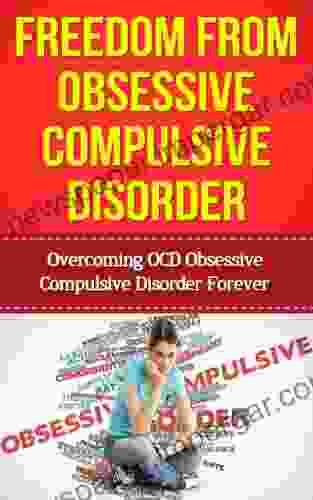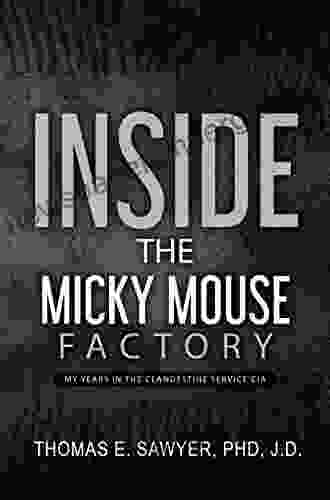: Unveiling the Enigma of Obsessive Compulsive DisFree Download (OCD)
Obsessive Compulsive DisFree Download (OCD) is a multifaceted mental health condition that can manifest in various forms, ranging from relentless intrusive thoughts to compulsive rituals. It can disrupt daily life, causing significant distress and impairing relationships, work, and overall well-being.
Understanding OCD: Symptoms, Causes, and Impact
OCD is characterized by two primary components: obsessions and compulsions. Obsessions are intrusive thoughts, images, or urges that create intense anxiety or discomfort. These thoughts can be persistent, repetitive, and often irrational. On the other hand, compulsions are repetitive behaviors or mental acts that provide temporary relief from the anxiety caused by obsessions.
The exact causes of OCD are not fully understood, but a combination of genetic, biological, and environmental factors is believed to play a role. Neuroimaging studies have implicated dysfunctions in specific brain regions, such as the striatum, which is involved in habit formation and reward processing.
OCD can have a profound impact on an individual's life. It can lead to social withdrawal, impaired occupational functioning, and strained relationships. The constant preoccupation with obsessions and the time-consuming nature of compulsions can disrupt sleep patterns, affect concentration, and diminish overall quality of life.
Empowering the Journey: A Step-by-Step Guide to Overcoming OCD
Overcoming OCD is not an easy feat, but it is possible with the right approach and support. This comprehensive guide provides a step-by-step roadmap for navigating the challenges of OCD and regaining control over your life.
1. Seeking Professional Help: The Importance of Psychotherapy and Medication
Seeking professional help is crucial for effective OCD management. Cognitive Behavioral Therapy (CBT),a form of psychotherapy, has proven to be particularly effective in addressing OCD. CBT helps individuals identify and challenge distorted thought patterns and develop coping mechanisms to manage intrusive thoughts. In some cases, medication, such as selective serotonin reuptake inhibitors (SSRIs),may be prescribed to reduce anxiety and obsessive symptoms.
2. Cognitive Restructuring: Reframing Intrusive Thoughts
Cognitive restructuring is a key component of CBT for OCD. It involves examining the nature of intrusive thoughts, assessing their rationality, and developing alternative, more realistic perspectives. By challenging distorted thoughts and replacing them with balanced ones, individuals can reduce the power and anxiety associated with obsessions.
3. Exposure and Response Prevention (ERP): Breaking the Cycle of Compulsions
Exposure and Response Prevention (ERP) is another evidence-based treatment for OCD. It involves gradually exposing individuals to feared situations or objects without engaging in compulsions. By confronting and tolerating the anxiety triggered by obsessions without performing compulsive rituals, individuals learn to break the cycle of avoidance and reinforcement.
4. Mindfulness and Acceptance: Cultivating Inner Strength
Mindfulness and acceptance-based approaches can complement CBT and ERP. Mindfulness techniques help individuals observe and acknowledge intrusive thoughts without judgment or reaction. Acceptance involves embracing the reality of OCD symptoms without resisting or suppressing them. By practicing mindfulness and acceptance, individuals can reduce the intensity of anxiety and gain a sense of control over their thoughts and behaviors.
5. Lifestyle Modifications: Supporting Mental Well-being
Lifestyle modifications play a significant role in managing OCD symptoms. Regular sleep, exercise, and a healthy diet can promote overall well-being and reduce stress levels. Engaging in enjoyable activities and pursuing hobbies can provide a distraction from intrusive thoughts and foster a sense of accomplishment.
Supporting Individuals with OCD: A Call for Compassion and Understanding
Supporting individuals with OCD requires compassion, understanding, and a commitment to their recovery. Family members and friends can provide invaluable emotional support, understanding, and assistance with practical tasks. Avoiding judgment or criticism is crucial, as it can further exacerbate anxiety and hinder recovery efforts.
Encouraging individuals to seek professional help, engaging in open dialogue, and respecting their boundaries can foster a supportive and nurturing environment. Education about OCD can dispel misconceptions and promote a better understanding of the condition.
: The Path to Recovery and Empowerment
Overcoming OCD is a journey of resilience, persistence, and self-discovery. By embracing a comprehensive approach that combines evidence-based therapies, lifestyle modifications, and supportive relationships, individuals can break free from the grip of OCD and reclaim their lives. Remember that recovery is possible, and with the right tools and support, individuals can regain control over their thoughts, behaviors, and well-being.


























































































